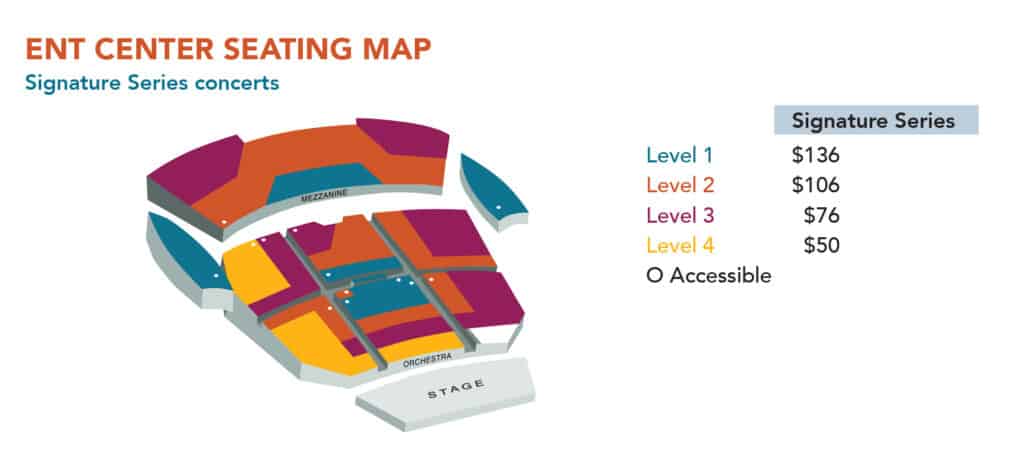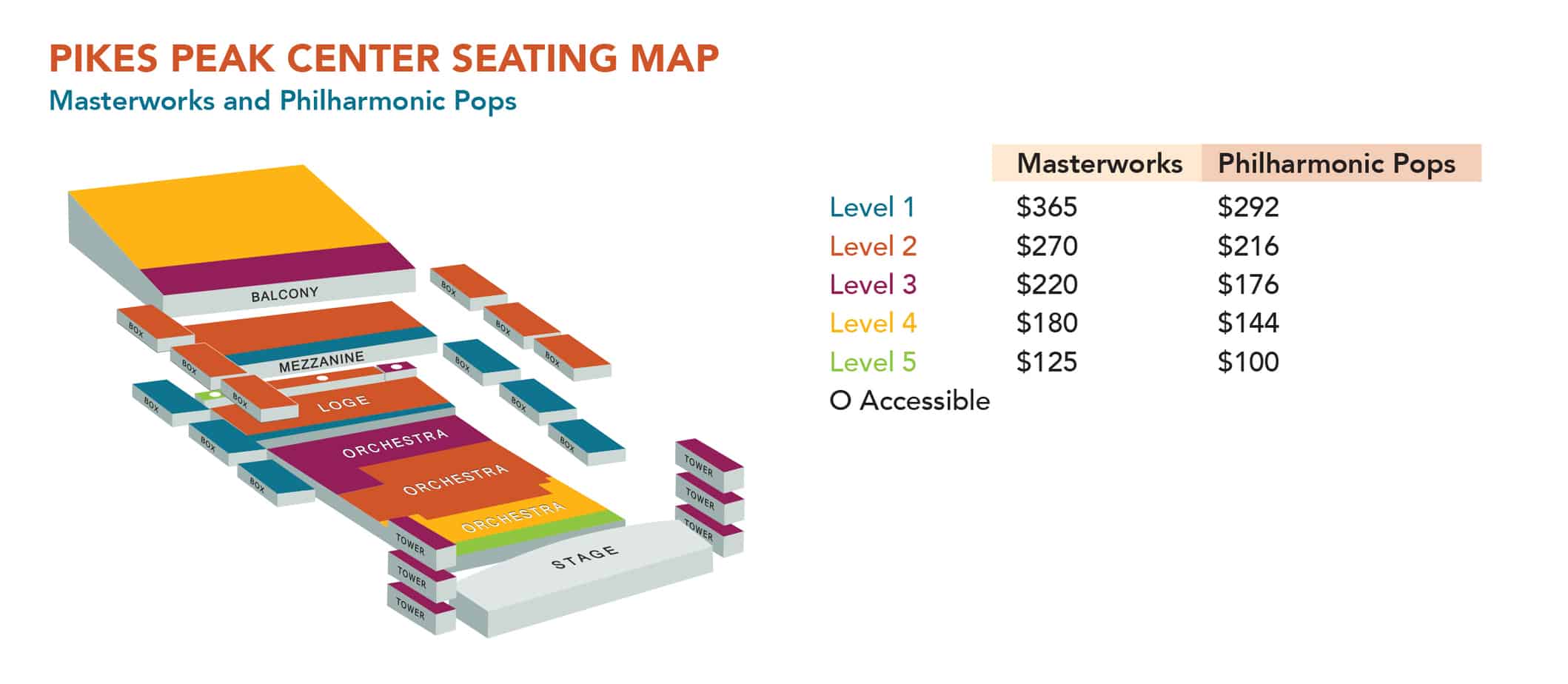Confronting the Status Quo: A celebration of three unlikely heroes and their quests for reform
by Robert Mcguill
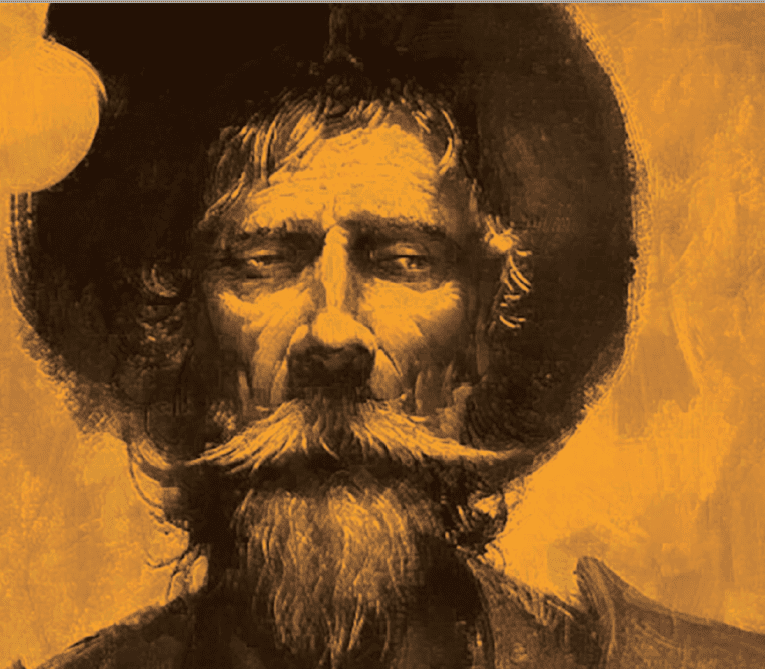
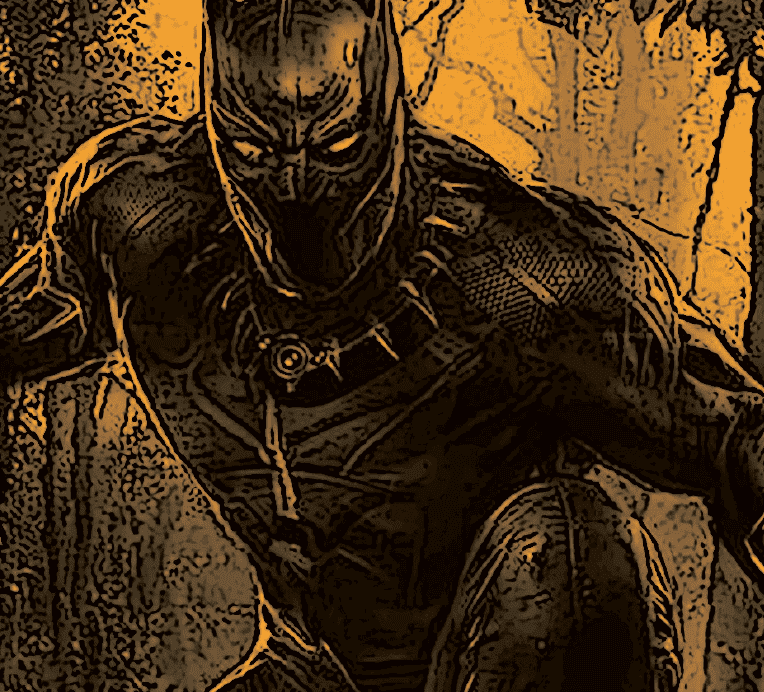
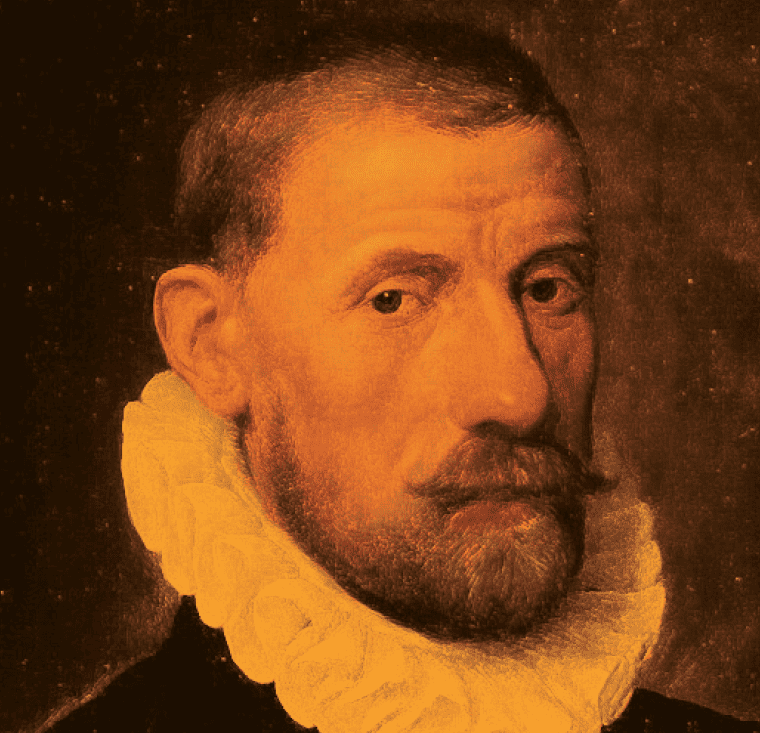
All heroes are ‘unlikely’ in their own way. Maybe this is why we feel such an affinity for them. Like us, they begin as everyday people living ordinary lives. Then, owing to circumstances not of their making, they’re plucked from the comfort of their hearths and homes, and impelled to take up battle against foes mightier than themselves.
A trio of concert evenings in the 2022-23 season treats the listener to stories of three unlikely heroes, all of whom were inspired, in their own way, in their own time, to rage against the institutions that have failed them, and their society.
The men are Don Quixote, knight errant…T’Challa, the Black Panther, King of Wakanda…and Lamoraal, the Count of Egmont, a 16th Century nobleman whose denunciation of Spanish authoritarianism made him the celebrated subject of a play by Goethe (Egmont) and musical interludes by Beethoven (Op. 84).
All three of these heroes have embarked on a perilous quest to save themselves and their countrymen from a toxic future. But to prevail in their journeys, they’ll need to overcome more than their own fears. They’ll need to confront, and reform, the monolithic power structures society has placed in their way.
When T’Challa ascends the throne of Wakanda, confident in his abilities to rule the peaceful realm he’s inherited, his father observes with otherworldly patience, “It is hard for a good man to be king.”
What T’Challa’s father doesn’t say is that goodness—idealism, virtue, righteousness—while laudable in the abstract, is a difficult standard to keep unstained when exposed to the imperfections of a flawed world.
In Don Quixote, the hero’s journey is subdued compared with that of T’Challa and Egmont, though it, too, is a quest meant to right the institutional wrongs of its day. The Knight of Sad Countenance is a gentle reformer, and his romantic vision is to undo the entrenched incivilities of the modern age by reviving the chivalric spirit of Spain’s glorious past.
Plot-wise, each of our hero stories tugs its narrative strands in a different direction. But at their center, each celebrates the drama of a stouthearted, well-intentioned reformer determined to confront a status quo that has lost its purpose, or outlived its usefulness to society.
Egmont is the true-life example of the hero’s quest. His story is real. With the Catholic reformation underway and his country’s autonomy at stake, the brave nobleman defied the powers of an unjust Spanish overlord, only to lose his campaign, along with his head, in the same fateful stroke of the executioner’s axe.
There’s no denying it. The hero’s life is a precarious one. Yet, these are the stakes we face when we attempt to orchestrate a future. Successes and failures go hand in hand, and not all endings are happy—at least not in the conventional sense.
The trick, here, is to look beyond the moment, into the future. For it’s there where the hero’s work truly shines, and where we are allowed, at last, to glimpse the fruits of his/her grace and courage.
T’Challa saves his throne and country by rejecting Wakanda’s doctrine of isolation and embracing a mindset of universal justice and the sharing of the planet’s resources.
Egmont’s death inspired free men to take back their lands from tyrants.
Don Quixote brought us renewed hope for the world’s future through a gentle spirituality, demonstrating—even against impossible odds—that great moral victories can be achieved through powerful dreams.
The world loves heroes.
The world longs for heroes.
Unlikely as it seems, even you, or I, could be the world’s next. But no need to worry, it will only happen when you least expect it.

